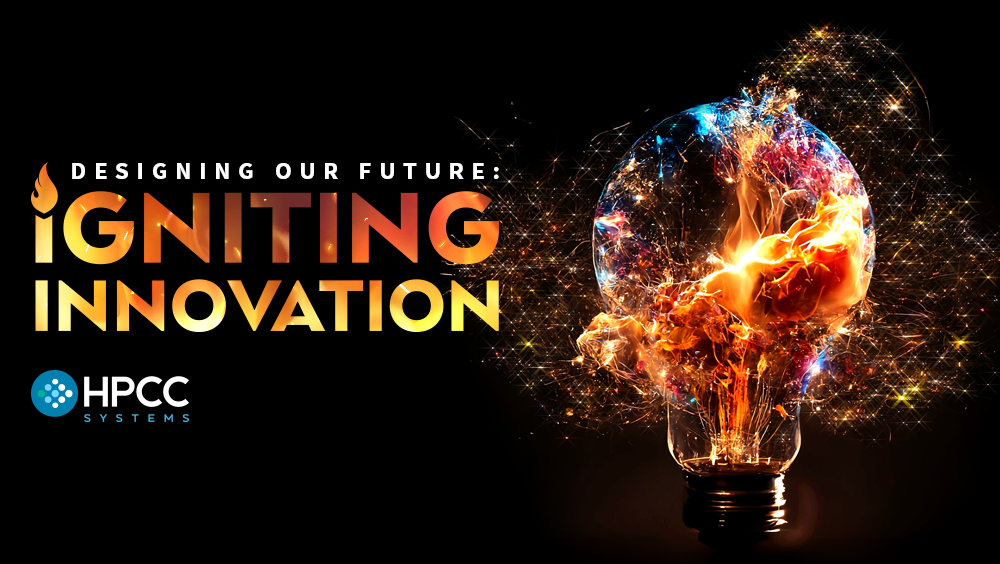Water Treatment Using Engineered Carbon Nanotubes, Micro and Nano Technologies series, 2024, Pages 63-96
Metallic Mineral Resources: The Critical Components for a Sustainable Earth, 2024, Pages 409-434
The energy transition will require new technology for clean energy. Many of those technologies require the use of critical metals which are nonrenewable and must be used responsibly and sustainably.
Understanding Autism: Perspectives, Assessment, Interventions, and the Journey Towards Inclusion, 2025, Pages 91-107
Focusing on carbon capture, utilization, and storage (CCUS) technologies, this piece underscores their significance in realizing sustainability and carbon neutrality goals, particularly within challenging sectors.
The 11th annual HPCC Systems Community Summit will kick off the week of October 7 with an exciting line up of speakers, sessions and engaging workshops. This year’s theme is Igniting Innovation and is free to attend for academia, industry and technologists. The purpose of the Summit is to gather engineers, data scientists and technology professionals to share knowledge and future roadmap plans for the open source HPCC Systems platform.

